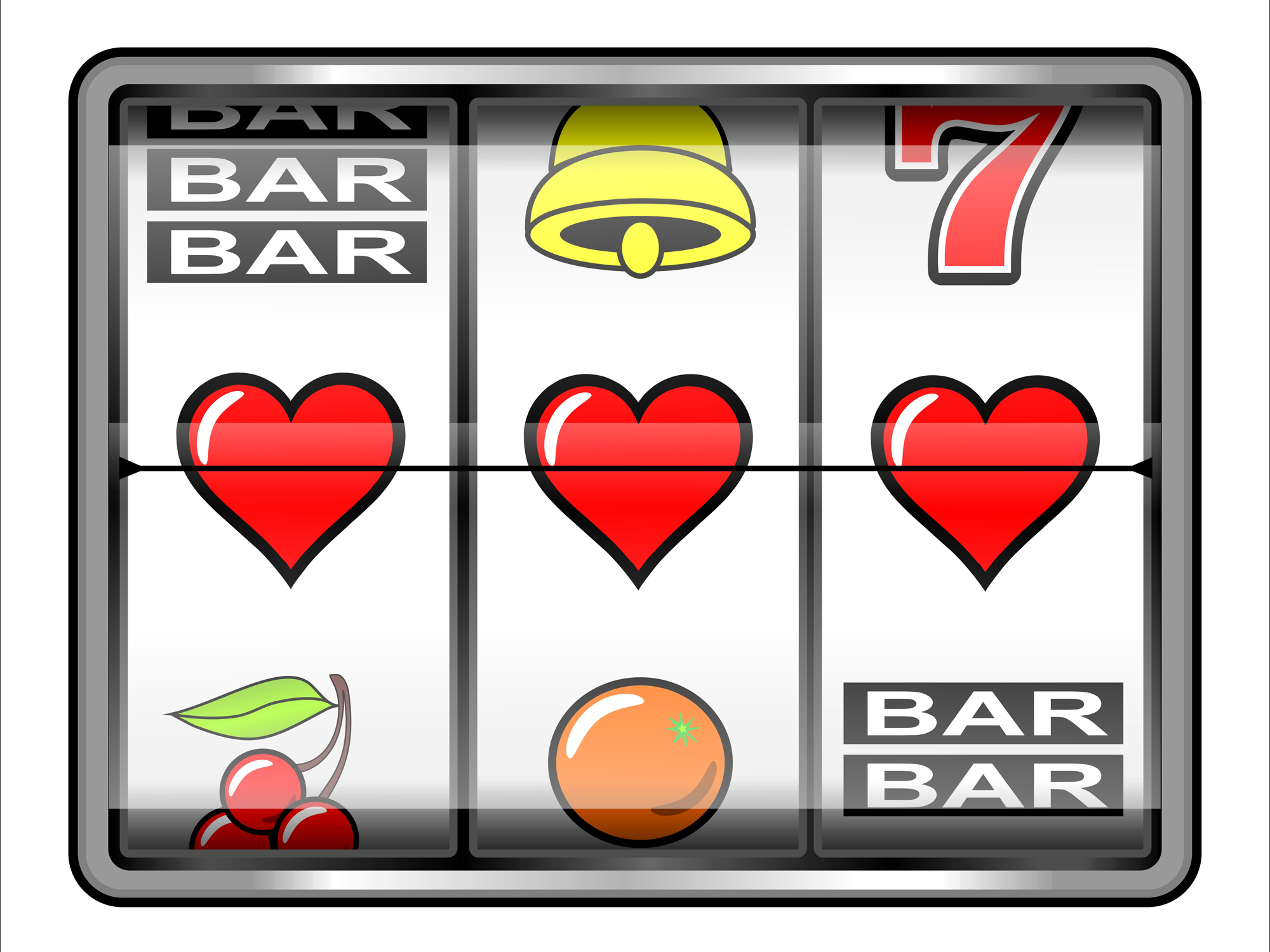Get Easy Health Digest™ in your inbox and don’t miss a thing when you subscribe today. Plus, get the free bonus report, Mother Nature’s Tips, Tricks and Remedies for Cholesterol, Blood Pressure & Blood Sugar as my way of saying welcome to the community!
If food is health, this is the jackpot

I’ve heard some amazing success stories from people who’ve gone to the paleo diet — and of course, I’ve shared my own…
Like me, many followers of the paleo diet have turned their health around… overcoming obesity, ditching diabetes, curing chronic fatigue syndrome, shedding serious autoimmune disorders and coming back from the depths of chronic Lyme disease.
So if food really is health, and I believe it is, I’d say we’ve hit the jackpot.
But if you’re already lean and healthy, you may be wondering if there is any reason to limit yourself to a diet that consists primarily of meat and specific vegetables? (Believe me–there are some veggies you should drop from your table ASAP!)
Well, truthfully, there hasn’t been much research on how the paleo diet affects healthy people. But one recent study shows that the paleo diet has the potential to help healthy people just as much as people who are chronically ill and overweight…
That’s because this study suggests that a paleo diet can reduce your risk of a heart attack — and healthy people have heart attacks too.
That’s right. Even if your doctor gives you a clean bill of health, you’re not out of the woods for a sudden and deadly heart attack. It can happen as a result of family history, ethnicity, stress (especially women), over-exercising or a variety of other factors. But, the fact is, it can happen.
The latest study from the University of Houston and Chatham University in Pennsylvania, however, suggests that a paleo diet can slash this risk. The small study involved only eight participants but was a good first step in understanding how the paleo diet affects healthy people.
Researchers asked these participants to switch from a traditional Western diet to a paleo diet for eight weeks. During these eight weeks, participants could eat as much food as they wanted as long as they practiced paleo eating habits.
At the end of the eight week study, researchers found that participants experienced a 35 percent increase in levels of interlukin-10 (IL-10) — a molecule released by the immune system. Low levels of this particular molecule are associated with higher levels of inflammation and increased heart attack risk. In fact, researchers believe this molecule may even fight inflammation and protect the blood vessels in your heart.
Researchers also found that study participants lost weight, even though that wasn’t a goal of the study. All in all, an eight-week paleo diet had a seemingly positive impact on participants’ already good health.
“This study’s findings add to the possibility that short-term dietary changes from a traditional Western pattern of eating to foods promoted in the Paleo diet may improve health — or, at the very least, the diet does not have negative health implications in terms of the parameters we studied,” said study author Chad Dolan, a graduate student researcher at University of Houston Laboratory of Integrative Physiology. “If our research continues to show that the Paleo diet produces detectable changes in healthy individuals, it will substantiate claims made by those supporting this diet for the past few decades and provide preliminary evidence for another therapeutic strategy for cardiovascular disease and coronary artery disease prevention.”
If all this talk about the health benefits of the paleo diet has piqued your interest, you can try it for yourself by:
- Eating a diet heavy in organic meat, poultry, fish, eggs and vegetables.
- Eating fruit, nuts and seeds in moderation.
- Avoiding sugar, grains, legumes, dairy and processed foods.
- Adapting the diet to your needs and goals. There are more and less extreme versions of the paleo diet.
- Following my posts.












